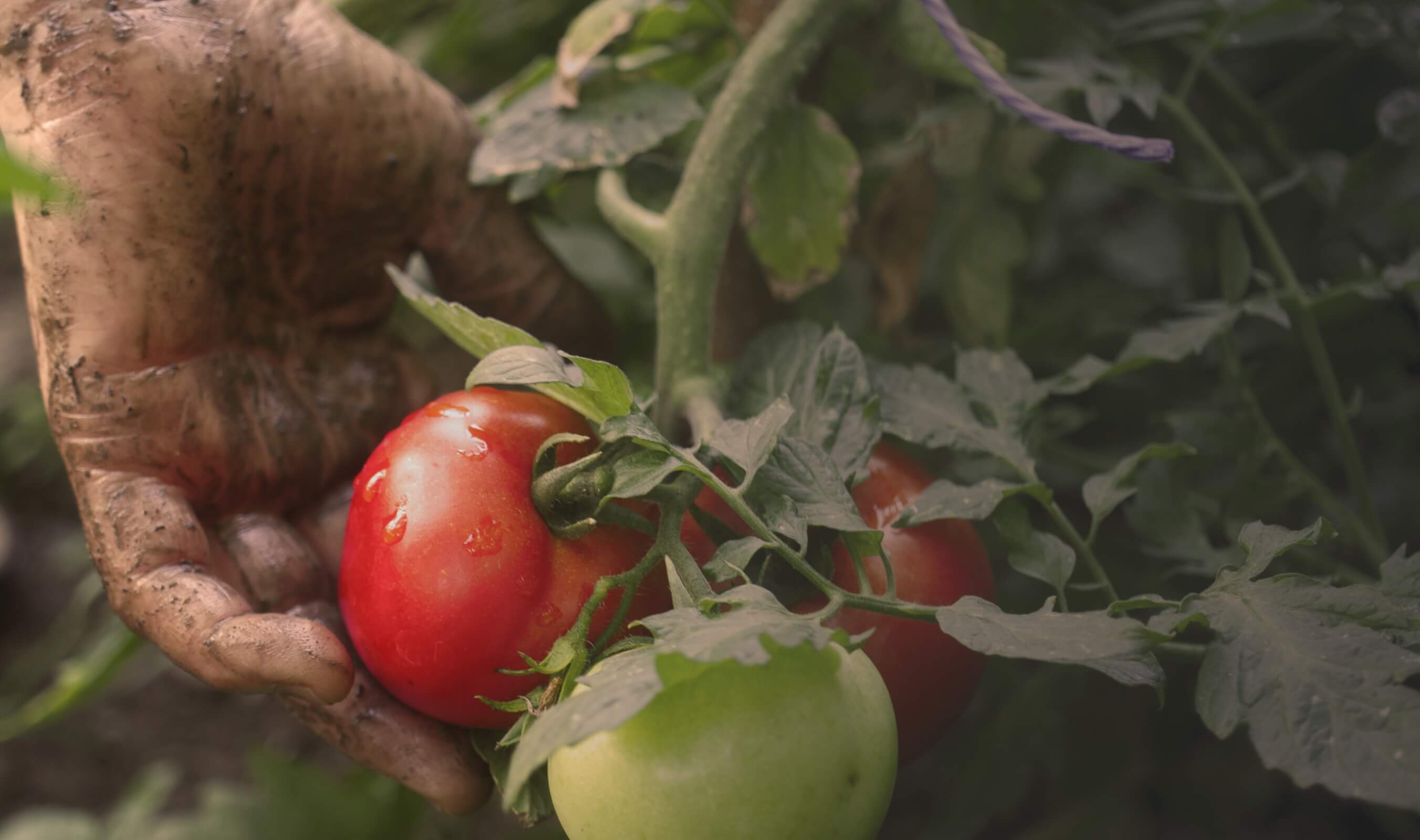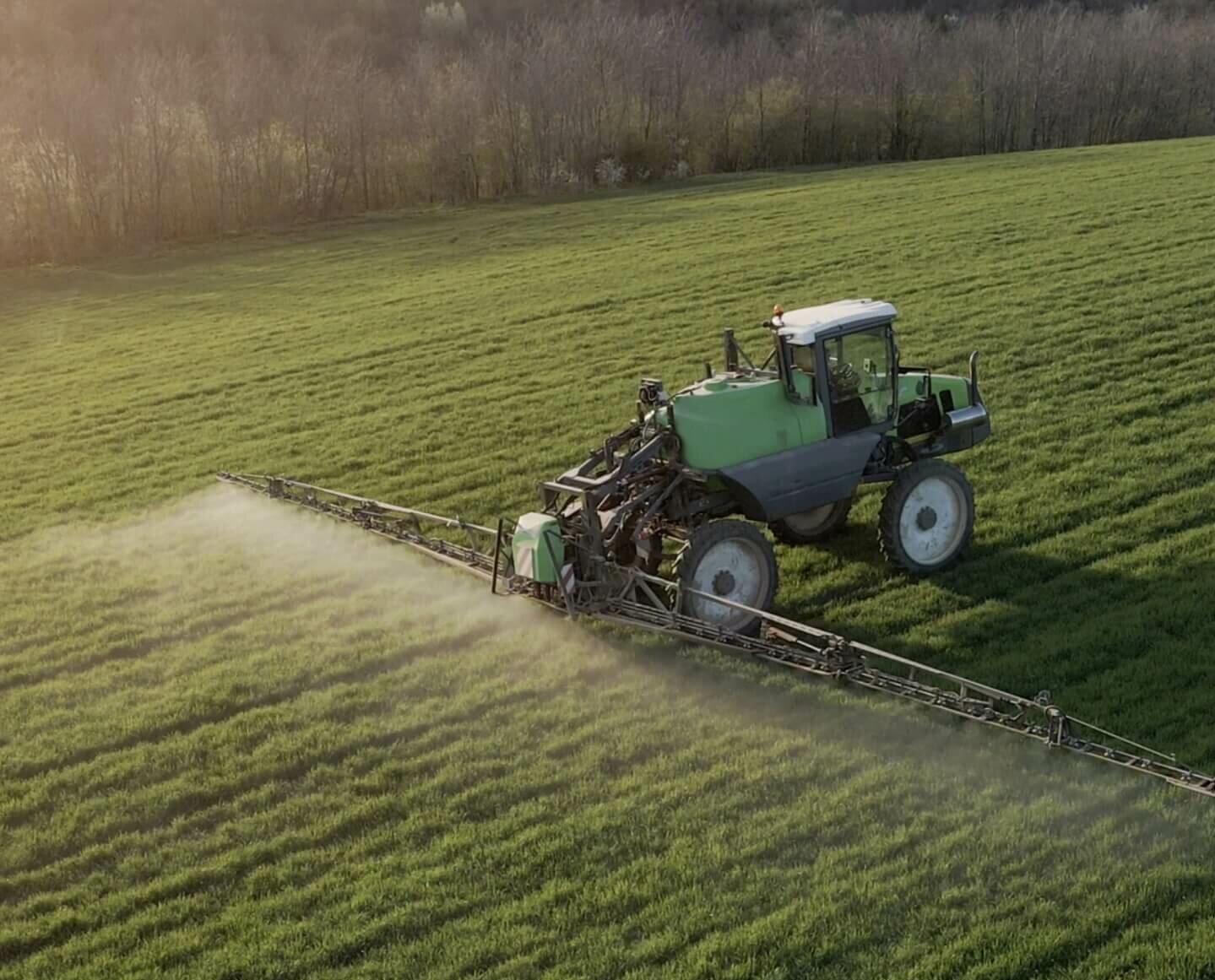The realm of organic farming is continually evolving, with innovative practices and products being introduced to enhance sustainability and productivity. One such innovation that has sparked considerable debate within the organic farming community is the use of ammonia extract as a nitrogen source. While traditional organic farming has shied away from synthetic inputs, the introduction of ammonia extract, particularly in the form of products like Azogen, is challenging preconceived notions and offering new opportunities for organic farmers.
Understanding Ammonia Extract
Ammonia extract, particularly when derived from manure, represents a significant advancement in the realm of organic farming. This concentrated source of nitrogen has sparked debate, largely due to misconceptions about its origin. Contrary to common perceptions, ammonia extract can be obtained from organic sources, such as manure, rather than purely mineral ones. This distinction is crucial in the context of sustainable agriculture, where the source and production method of inputs play a pivotal role.
Azogen stands out in this arena, embodying a sustainable approach to nitrogen fertilization. Utilizing thermal technology, Azogen transforms manure into a high-quality ammoniacal nitrogen fertilizer. This process not only recycles organic waste but also ensures the final product is free from contaminants and suspended matter, a common issue with traditional manure-based fertilizers.
Azogen: Bridging the Gap
Azogen stands out in the organic farming sector for its ability to provide a readily available source of nitrogen that is both effective and compatible with organic certification. Our liquid fertilizer allows organic farmers to apply nitrogen precisely when and where their crops need it most, offering a significant advantage over traditional slow-release organic fertilizers. One of the inherent challenges in organic farming is the typically lower yield compared to conventional farming, often attributed to nitrogen management. Traditional organic fertilizers do not allow for the targeted application of nitrogen throughout the crop’s growth cycle, potentially missing critical periods of influence on crop development. Azogen addresses this challenge by providing a tool for organic farmers to apply nitrogen at these crucial stages, ensuring that crops receive the necessary nutrients exactly when they need them, thereby optimizing growth and yield potential.
Enhancing Organic Crop Yields
The introduction of ammonia extracts like Azogen into organic farming could be a game-changer in addressing the yield gap often observed between organic and conventional farming. By allowing for the precise application of nitrogen, organic farmers can potentially overcome one of the key limitations of organic fertilizers. This not only supports the growth and health of organic crops but also contributes to closing the yield gap, making organic farming more competitive and sustainable in the long term.
Navigating the Backlash with Sustainable Practices
The backlash against ammonia extracts in organic farming primarily stems from concerns over synthetic inputs and their compatibility with organic principles. However, products like Azogen, developed through environmentally friendly processes and sustainable practices, offer a middle ground. By ensuring that the ammonia extract is derived from organic sources and applied in a manner consistent with organic farming principles, it’s possible to harness the benefits of this innovative nitrogen fertilizer while maintaining the integrity of organic farming.
The introduction of ammonia extracts like Azogen into organic farming is not without its controversies. However, by focusing on sustainable production methods and the strategic application of these products, organic farmers can leverage the benefits of Azogen. This innovative approach has the potential to enhance crop yields, improve nutrient management, and contribute to the overall sustainability and productivity of organic farming, paving the way for a more fruitful and efficient future in organic agriculture.

